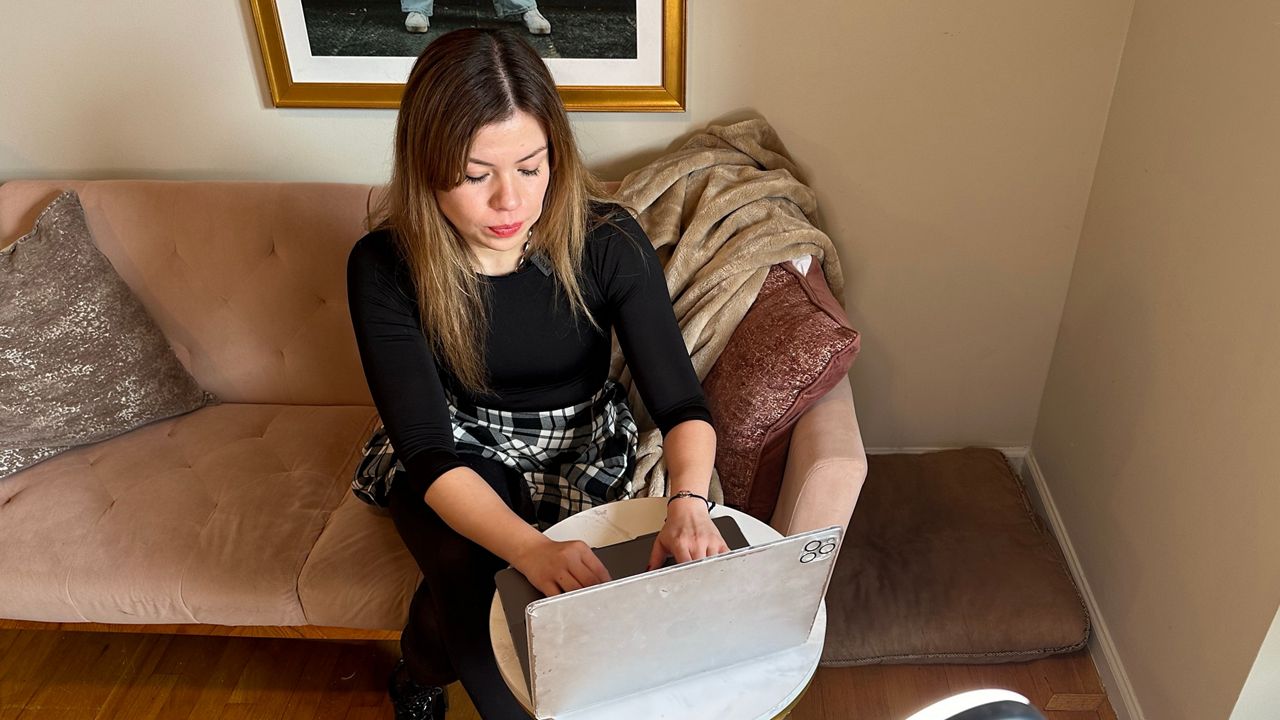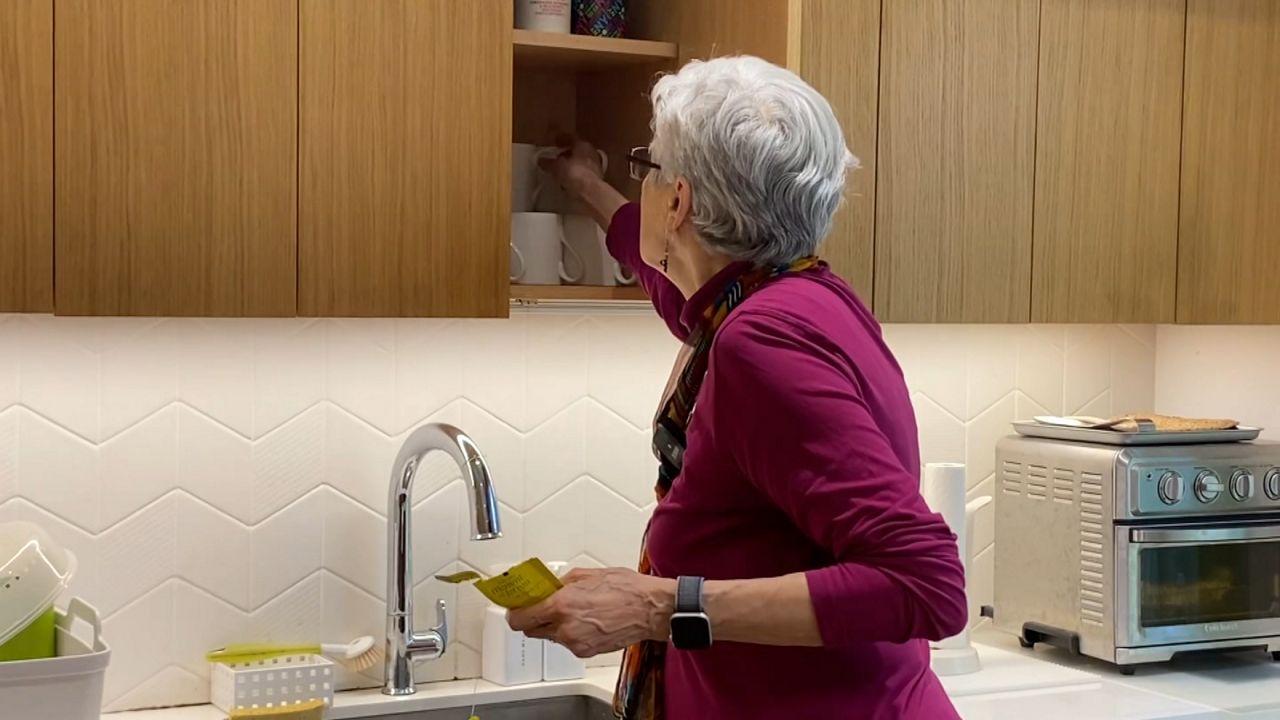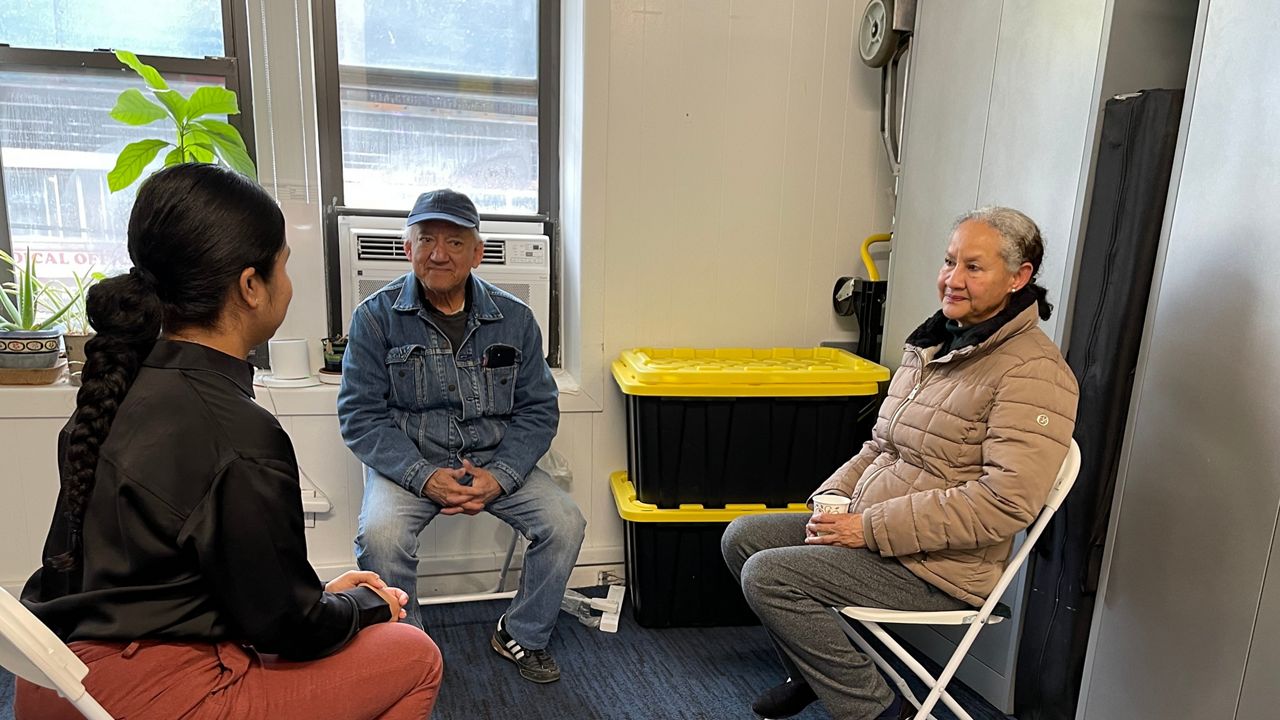Caring for aging parents in New York City presents a mix of emotion and financial strain for thousands of residents, but the city’s Department for the Aging can offer some assistance.
Lorraine Perez shared her experience with caring for her father, Medaldo Perez Jr., who she said she now sees as two different people.
“We would be the kids who would punch him in the stomach because his stomach was as hard as a rock. He can't tie his own shoes,” she said.
Her father is a 72-year-old Vietnam veteran whose health declined after working near the World Trade Center on 9/11.
“He's had spinal surgery from the neck all the way down. His ability to walk has diminished to like 10%. He's in a wheelchair-walker converter. Most recently, as of last week, he's had multiple TIAs, which are the small strokes in the brain. On top of being diagnosed with early onset Alzheimer’s,” Perez said.
She said getting the care he needs has come with a slew of bureaucratic challenges, including being denied Medicaid when Medicare help was not enough.
“They gave him an aide three hours a day, Monday to Friday. What is an aide three hours a day going to do?” said Perez.
As of recent weeks, Perez's father's benefits have run out, adding strain to the family as her mother, also in poor health, aids in his care. Meanwhile, Perez, juggling multiple jobs, faces a constant to-do list.
Unfortunately, the scenario is one many New Yorkers find themselves in.
Lorraine Cortes-Vazquez, commissioner of the city’s Department for the Aging, said older adults now make up 20% of New York City’s population, and one in every four older New Yorkers report mobility and self-care challenges.
Through the city’s caregiver program, however, the department assists residents in navigating options for elder care.
“The services include information and referral. Could be as simple as that direction to another provider, or it can include home care services. It could even include respite care, which is I'm a caregiver. I am doing this a, you know, seven days a week. I need a break so that we give you a break and find someone to be in that home with your care recipient” said Cortes-Vazquez.
Though, Perez said she feels the elderly population needs even more assistance from the federal government to help ease the burden on families.
“I have no idea how I'm able to juggle everything I juggle on a daily basis,” she said. “Someone has to be the rock.”








